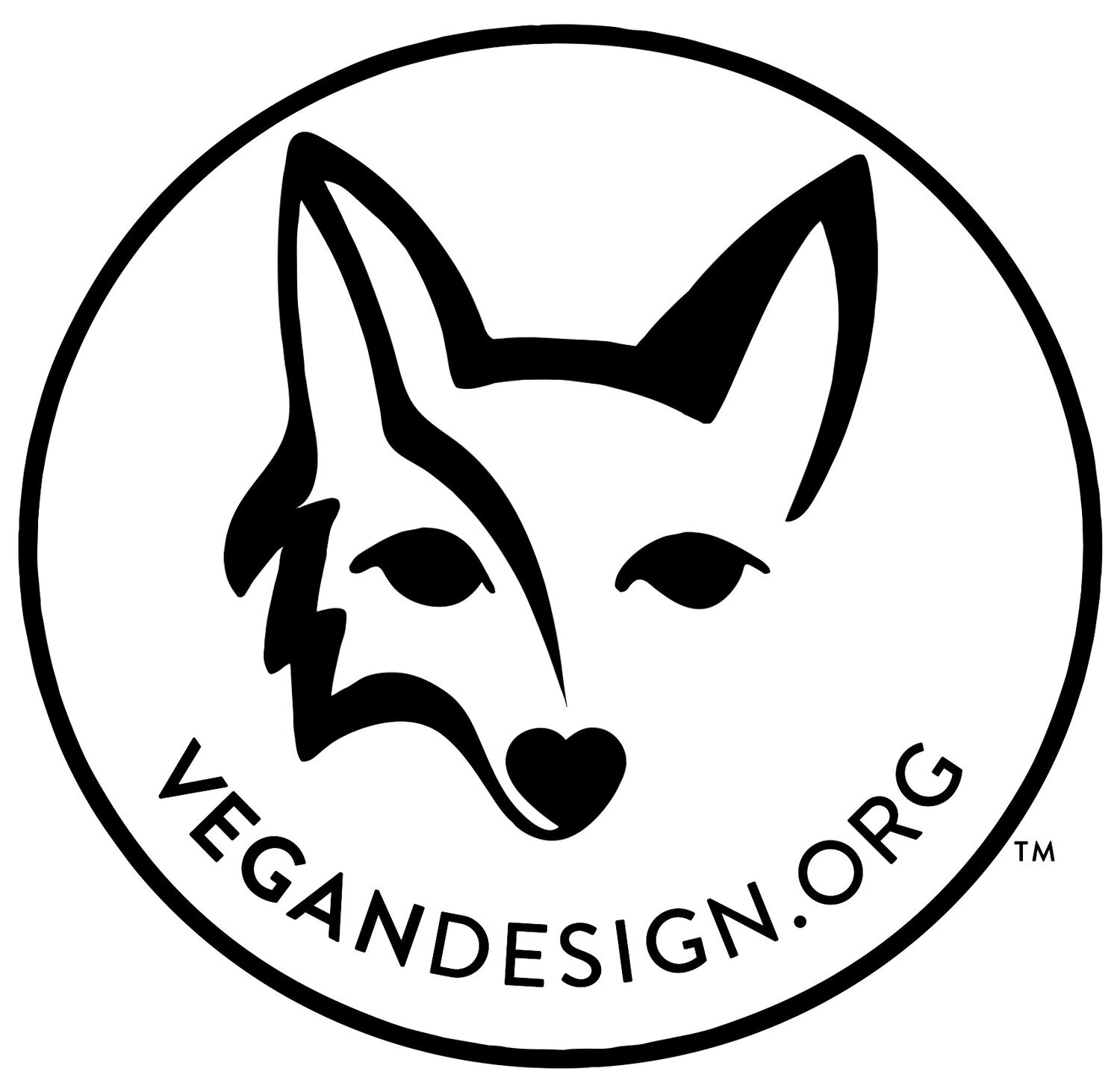Vegan Design & Feng Shui
Feng Shui has been practiced in Asia for thousands of years. This ancient art has peaked in places like Singapore, Malaysia, Venezuela and more recently, the United States. Over 360,000 Americans alone are regular visitors to Feng Shui related websites.
Let’s break down the term Feng Shui and figure out what it really means because, more often than not, it is misinterpreted. Many of us often picture an exotic-looking space in which there are water features, statues of animals or religious beings and tassels everywhere. These are feng shui extremes or stereotypes. The art of Feng Shui goes beyond these decorative aspects.
Feng Shui is about well-being, it is about being in tune with yourself and the elements of nature.
Feng shui has a deep connection with humane design. Vegan furniture and decor:
Do not originate from any living creature
Are not an animal byproduct
Not tested on animals
Some finishes that are not found in a vegan space include:
Leather - hide that is scraped or forcibly removed from innocent cows, pigs, goats, sheep, and other exotic animals.
Down - the layer of feathers closest to a bird’s skin that are ripped away for the manufacturing of comforters.
Wool - fur that is carelessly sheared from sheep.
Silk - a material obtained by boiling worms alive inside their cocoons.
Both Feng Shui and Vegan design concentrate heavily on well-being and mindfulness. They both revolve around understanding the origins of each item that enters a space. When you make the connection between a piece of furniture or decor and that it was derived from a once-living creature, you are becoming more enlightened to the basic principles of Feng Shui.
So, when we hear the term “bad Feng Shui” what is that referring to? Let’s say your bedroom is painted in a shade of green. This color is calming and brings vibrations from Mother Nature into space. But, this color is meant for Health and Family areas and not for a private, intimate space such as a bedroom. That could be considered “bad Feng Shui.” Another common mistake in spaces overcompensating with decor. Simplicity is key with feng shui. Every item you bring into your home should ‘speak’ to you and resonate with your inner energy. So, if there is clutter, your energy cannot focus itself. Another no-no is having a television in your bedroom. Electronics in general can bring the stress of work and life into a space that should be an oasis and one in which you strengthen your relationship with yourself or a partner.
Vegan design is one of the best avenues to venture down when searching for true inner peace. Bringing furniture and decor into your home that is a result of bloodshed and torture, isn’t creating good energy. Vegan Design and Feng Shui are connected.
Our atmosphere is continually receiving and bouncing our energy and the energy of all the living things that surround us. If your inner energy is filled with guilt and sadness from harming animals for the living room sofa, that negative energy will be all-around your home. Designing a space that incorporates vegan elements will tell the story of good energy, the energy that stems from compassion and thoughtfulness.
Vegan design and its importance to the art of feng shui can be summarized into three main categories:
1. Health Is A Priority
Inhaling good, quality air is a part of the feng shui foundation for health and well-being. Quality air can be achieved through certain plants or essential oils but, more importantly, in the materials, we use to decorate our homes. Materials such as carpeting, fabric, wood and leather nearly always contain harsh chemicals that, over time, seep into our skin and infiltrate our lungs. If you wish to make health a priority in your life, introduce non-toxic, humane products like bamboo pillows, an area rug made from jute, or organic cotton sheets. These materials are from natural sources and do not need to be treated with toxic chemicals in order to produce a sustainable product.
2. Out With The Old, In With The New
When practicing the art of feng shui, your focus should be on eliminating things that do not bring you joy. Knowing that the materials that make up your sofas or curtains could be derived from animals is depressing and sad. So, ditch the suede and the silk and allow yourself to experience the joy of vegan materials!
3. It's All About The Elements
In feng shui, colors reflect the 5 elements: fire, earth, metal, water and wood. The selection of colors should be based on what energy you wish to receive from a specific space. What most people do not realize is that most dyes in fabrics and paints can be derived from insects. If it is good energy you wish to acquire from space, look into using paints from Farrow & Ball or organic fabrics from Simplifi Fabric. Farrow & Ball derive their unique colors from natural ingredients such as china clay, lime putty, and linseed oil. Simplifi Fabric is GOTS (Global Organic Textile Standard) certified and the company sources natural ingredients for the manufacturing of their products. Good energy comes from clean, vegan products!
For more humane and eco-friendly options for your feng shui home, visit the VeganDesign.org Shop to find everything from kitchen accessories to vegan sofas.
Meet the author: Jane Mercer is an interior design student who is currently studying at Miami University in Oxford, Ohio.
* Just a heads up: this pages contains affiliate links (as an Amazon Associate, we earn from qualifying purchases)! If you buy something through one of these links, you won't pay a penny more, but we'll get a small commission, which helps keep our tummies full 🐶Thanks! :)



